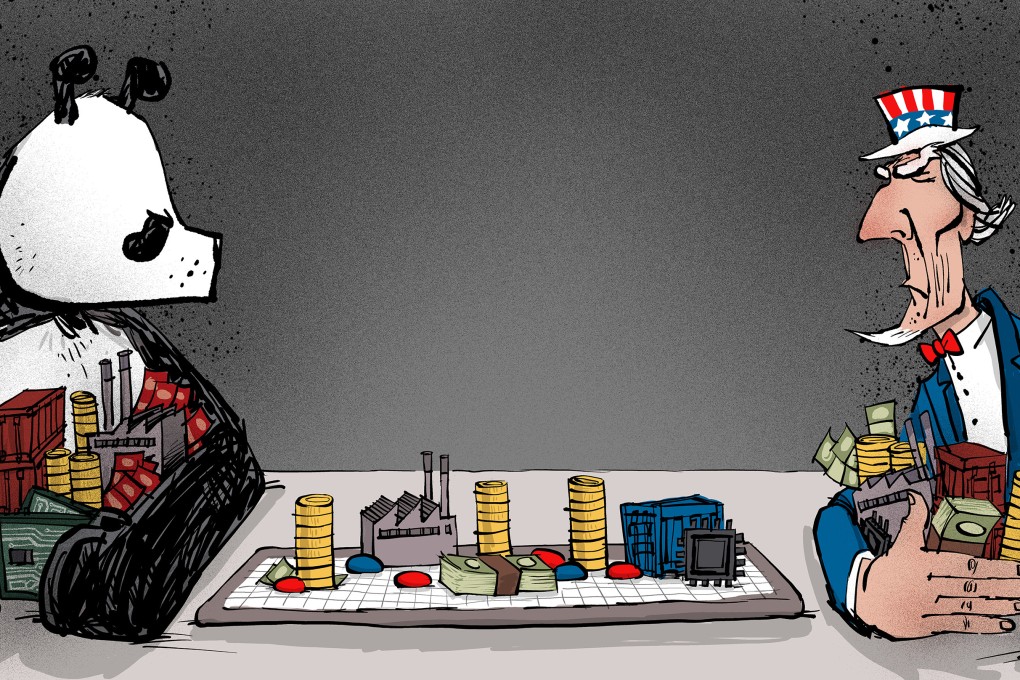Advertisement
Opinion | US-China trade rivalry boils down to competition for jobs and prosperity
- ‘Bidenomics’ and Xi’s common prosperity share strikingly similar beliefs but because both economies are trade-linked and seek tech advancement, conflict becomes inevitable
Reading Time:4 minutes
Why you can trust SCMP
9

That US President Joe Biden and Chinese President Xi Jinping have little in common seems obvious. After all, Biden has characterised their ideological differences as a battle between democracy and autocracy. And their meetings seem to have fostered no rapport.
Advertisement
Yet with “Bidenomics” and Xi’s common prosperity goal, both leaders share strikingly similar beliefs in seeking to transform their economies. But because their economies are trade-linked and seek technological advancement, conflict is inevitable.
Bidenomics sees middle-class workers losing out to more powerful interests; globalisation has cost manufacturing jobs. Hence the need for a “worker-centric” trade policy that argues against trade agreements and for helping industries and areas seen as having suffered from trade-related job declines.
Biden’s populist appeal translates into anti-monopoly campaigns, proposals to tax big corporations and the very wealthy, and complaints about firms charging excessive prices. These sentiments are accompanied by increased support for infrastructure investments as exemplified by his “Build Back Better” framework. Biden also sees himself as a “labour guy” in reaching out to unions as part of his campaign to help the middle class.
Xi’s vision for China was laid out in 2017, when “socialism with Chinese characteristics for a new era” outlined how China can become both prosperous and politically powerful. The focus on more equitable development was highlighted in his 2021 common prosperity theme.
Advertisement
Much of this was seen as a backlash against those that made a fortune in property development or through the digital economy and financial engineering. It also reflects a broadly shared perception among China’s leadership that the US economy – characterised by the prominence of Wall Street and Silicon Valley – is not to be emulated in the aftermath of the 2008 global financial crisis.

Advertisement
